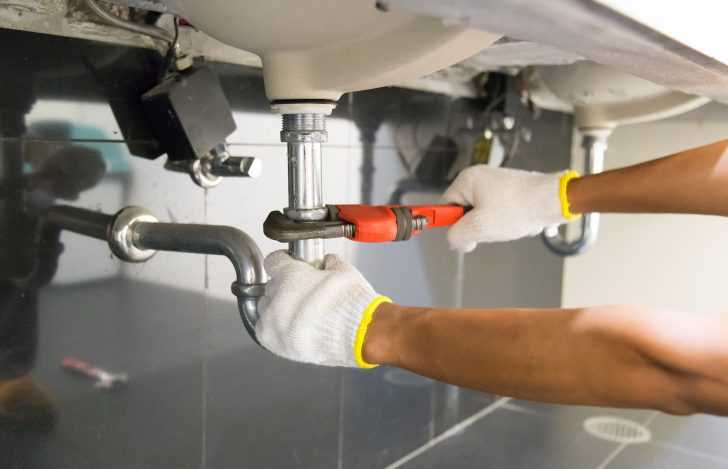How to Deal with Apartment Repair Issues

28Jun
How to Deal with Apartment Repair Issues
When you become a renter, you want things to go as smoothly as possible in your home. However, there are times when things break. You might get a broken pipe, or a loose floorboard or your toilet acts up. From time to time, there will be things that go wrong and repairs will be necessary. Often, when repairs are needed, it's not a big deal-- you notify your landlord of the problem, they fix it, and everything is fine. However, there are some things to know about apartment repair issues when there isn't such a simple solution.
Notify Landlord of the Apartment Repair Issues
Obviously, the first thing that you have to do is to properly inform the landlord that there are repairs to be made. It's always important to put in repair requests in writing and you can do this easily with a simple maintenance request. Make sure that you have a record of this request because you want to make sure that it's documented.
Give Your Landlord Time to Resolve the Issue
After your landlord receives your request, you have to give them a reasonable amount of time to resolve the issue. Reasonable is relative and depends on the repair.
For instance, if it demands immediate attention like a broken pipe that is flooding the apartment, then that should be taken care as soon as possible. However, even matters that aren't urgent should be resolved in the reasonable time because they can get worse over time. They can lead to further issues, like a leak can cause mold over time.
Every landlord must provide every tenant a livable rental space. This includes basics like functioning plumbing, water, electricity and sanitary grounds without filth or vermin; and they must make necessary repairs to maintain this level. If they don't make repairs in these areas, then they are violating the tenant's warranty of habitability. As a tenant, you can take action with the following:
- Move-out: You've legally permitted to move out even if it's in the middle of your lease agreement because the landlord has committed a "constructive eviction." By making the unit uninhabitable without making the repairs, the landlord has effectively evicted you from your rental. You should have written documentation of the issue, such as emails, pictures, or other evidence to prove your constructive eviction claim.
- Sue your landlord: You can move-out and sue your landlord or you can stay and sue to recover a rent refund for the time that you paid rent while living in the unit that needed repairs.
- Make repairs and deduct: It's possible to make repairs yourself and deduct the cost from your rent, as long as the cost of your repairs doesn't exceed one month's rent. Although this is a legal option, there's the high risk of getting a 3-day notice. This isn't a recommended action, but if you do it, then talk to the landlord first about repair and deduct. If they agree, you must get it in writing to protect yourself from eviction.
Get Legal Help with Repair Issues
If you've followed the law and properly notified your landlord of repair issues and they do nothing to resolve it, then you can take action. An experienced tenants' rights attorney can inform you of your rights and help you protect them. Talk to a Wolford Wayne attorney who can be a strong advocate for you against your landlord. Contact us today for more information.
Related Posts You Also May Like
Get Started
For more information or to discuss your legal situation, call us today at (415) 649-6203 for a phone consultation or submit an inquiry below. Please note our firm can only assist tenants residing in San Francisco, Oakland & Berkeley.





